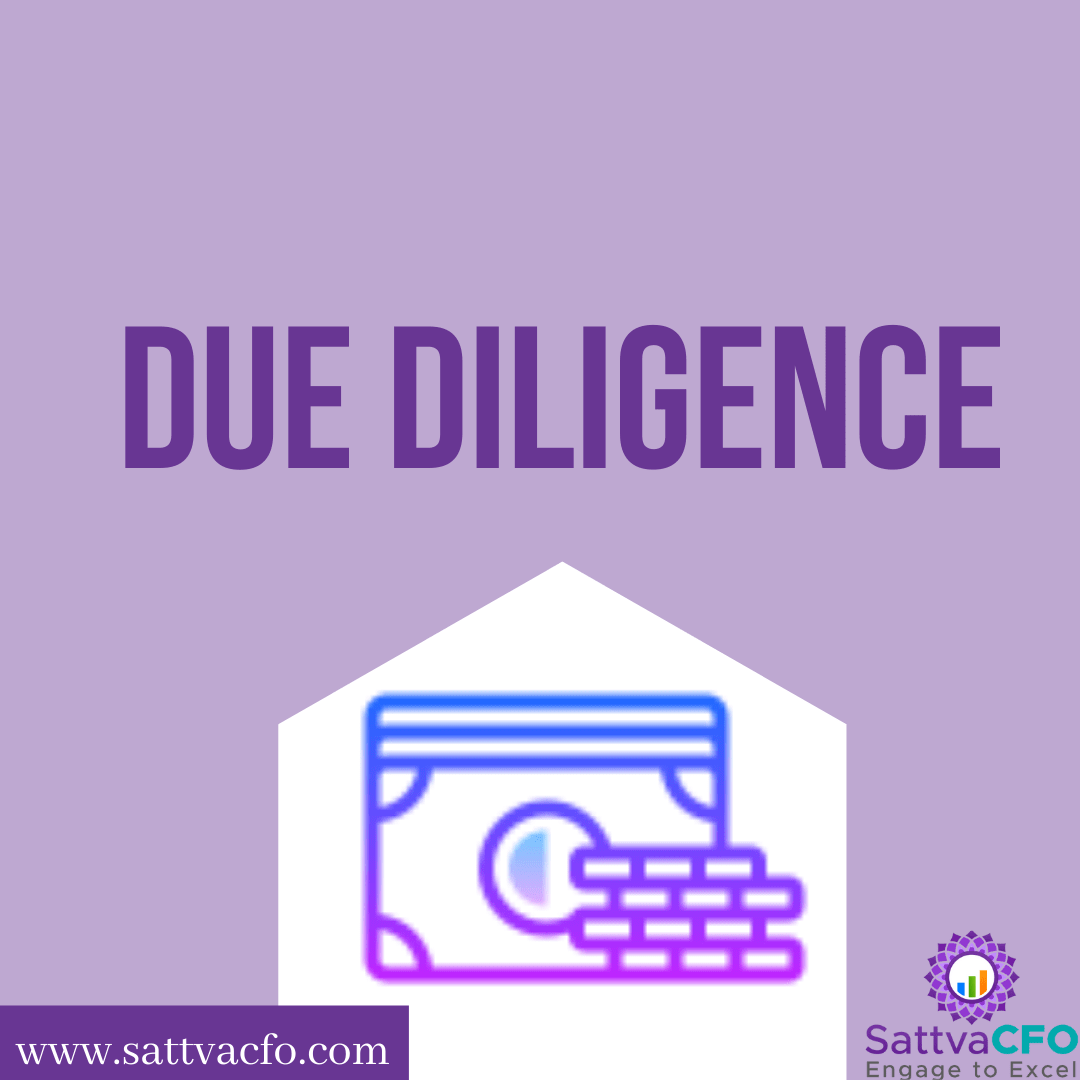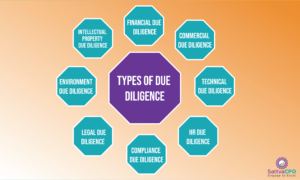What is Due Diligence (DD)?
Due Diligence (DD) is a procedure that companies and private equity firms use to assess the merits of a possible merger or purchase. Before committing to a purchase, buyers will do due diligence on a target company to confirm the integrity of the seller’s statements, limit risk, and gain a detailed understanding of the operations. While the investigation process is time-consuming, it can help avoid financial crises in the future and improve the odds of business success.
Now, according to Wikipedia: Due diligence is the research or exercise of care that a reasonable business or person is required to perform before entering into any agreement or contract with another party or doing an act with a specific level of care. It can be a legal requirement, though it is most usually used to describe volunteer inquiries. The process by which a potential acquirer examines a target firm or its assets for an acquisition is a typical example of due diligence in numerous industries.
Due diligence is based on the idea that is increasing the quantity and quality of information available to policymakers and ensuring that such data is methodically used to consult on the issue under study, including all of its costs, benefits, and dangers contributes significantly informed decisions.
Why Due Diligence is important?
It’s vital to note that a due diligence examination is not the same as an audit. It’s also not a goal company valuation. Due diligence has overlapping procedures with audits in terms of aim and technique. The distinction is that it is a comprehensive study that focuses on crucial information claimed to the buyer, frequently primarily through financial statements. Financial due diligence, in particular, enables a buyer to evaluate the financial aspects of a proposed acquisition to determine the advantages, obligations, risks, and possibilities.
Mergers and Acquisitions can be an exciting experience of a company’s transformation, especially if you’ve received an acceptable offer from a potential buyer. However, while the future is undoubtedly bright, it’s crucial not to get ahead of oneself, as the following stage in the process might be time-consuming. Nevertheless, it is often the best technique to ensure that what you pay is justified when combined with other types of due diligence. It should also give you confidence whether you, as the buyer, will be able to deliver on the value proposition presented by a new acquisition.
Due diligence gives buyers a sense of peace that they’re getting the best deal possible and that they have all the information they need to make an informed purchase decision. This data can include learning more about the company’s current consumers and partner relationships, which either confirms favorable assumptions or alerts them to potential abnormalities.
What are different types of Due Diligence (DD)?
Financial Audit
- A financial audit is a detailed examination of another company’s financial records. For example, before entering into a contract with another business, companies make an economic inquiry. This finally aids in determining its worth and calculating potential hazards. Starting a significant investment, merging, or acquiring a company are examples of situations that necessitate a financial examination.
- Due diligence is a business term that refers to companies exercising caution by carefully evaluating associated costs and risks before completing agreements. Purchasing new property or equipment, establishing new business information systems, or combining with another company are just a few examples. In addition, business audits are frequently used to identify and prevent future problems.
- Environmental due diligence ensures that the company’s procedures, equipment, and facilities comply with environmental standards. The goal is to eliminate the chance of future penalties. However, small fines to more severe penalties, such as plant shutdown, may be imposed.
- Firms frequently disregard self-assessment due diligence. It is, however, very important. Therefore, it should be enacted from the moment an investment or integration is being considered.
Due diligence will always be a crucial aspect of mergers and acquisitions, mainly as deal stages conclude. By knowing what to expect while preparing for a profitable business transfer, you’ll be able to deliver accurate and timely reporting that raises the value of your firm while helping you resolve abnormalities if and when they appear.
Importance of the CFO in a Due Diligence (DD)
A CFO with a good venture capital track record can help you with your financial plan and conduct extensive due diligence by drawing on their experience dealing with dozens of companies. They use a strict screening process to examine each prospective company, allowing the management team to make an informed selection. In addition, they can uncover and assess less evident business health aspects that can make or break a potential investment because of their experience.
Documents are required for a thorough due diligence investigation. There are a lot of records. CFOs commonly use due diligence checklists to make the information-gathering process easier for startups. Due diligence is a qualitative as well as a quantitative methodology. Financial figures are a prominent part of the process, but less tangible aspects like management leadership style and corporate morale are crucial. Seasoned CFOs are ideal candidates for this procedure since they are used to working at the executive level and are familiar with the ins and outs of running a successful company.
SattvaCFO provides Due Diligence Services. Please connect with us.
Also read:





